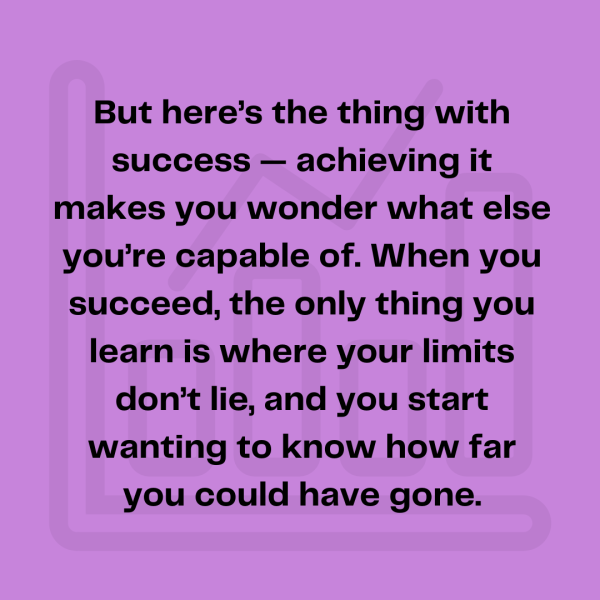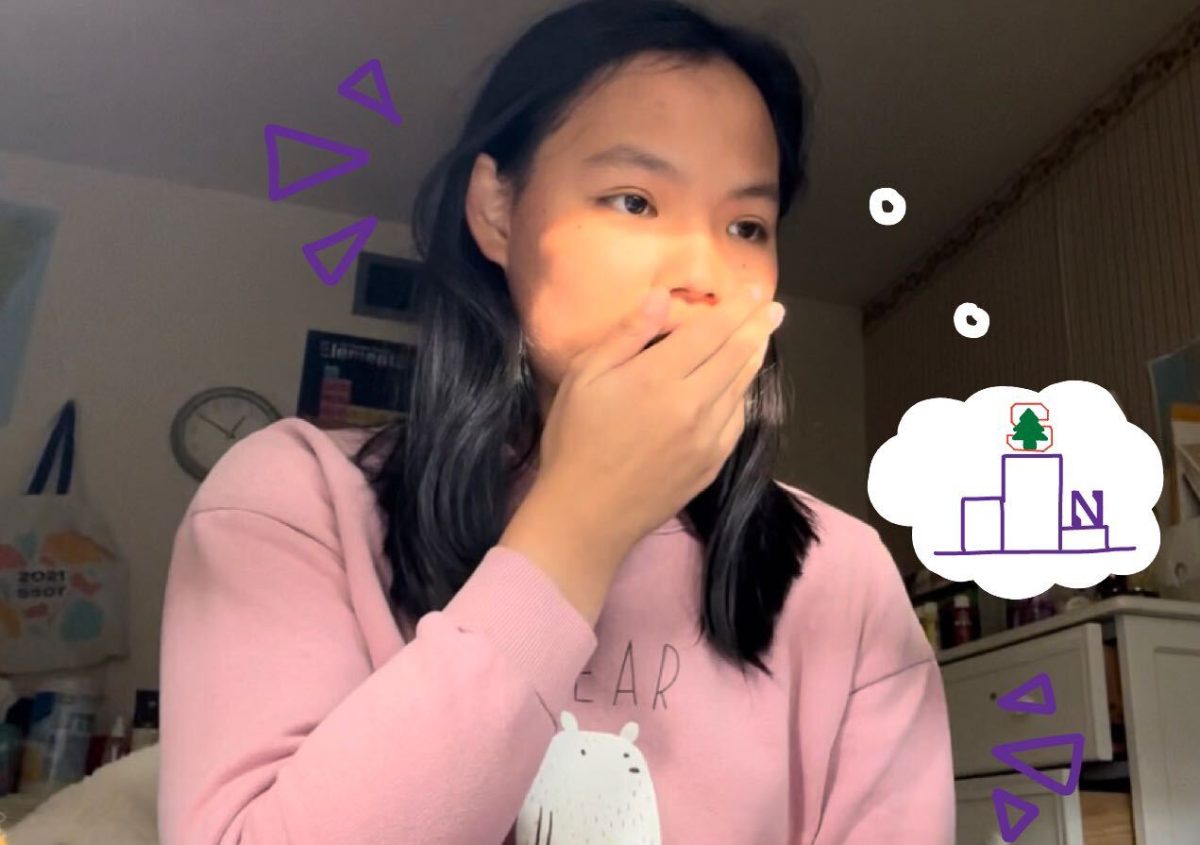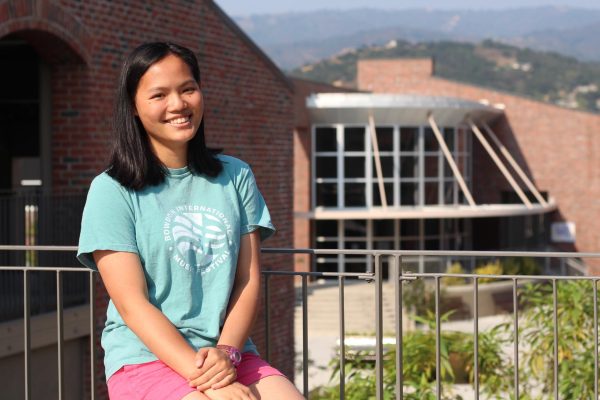“Most people don’t get in,” I reminded myself, silently preparing for failure as my computer screen loaded with a status update from my dream college. A moment passed, and a letter with my application status appeared on the screen.
“Congratulations!”
I sat in shock for a second as the reality of my situation dawned on me. As I notified my closest friends and a wave of congratulations texts, calls and Instagram stories rolled in, I was elated. Everything I had worked for my entire life had paid off, and I found myself finally thinking to myself that I had succeeded. I just got into my dream school.
A couple of hours later, however, acceptances for a different, more prestigious university were sent, and the attention of everyone I knew shifted toward those acceptances instead. Of course I was happy for everyone who got into that school, but with a noticeable difference in congratulatory energy, I felt my own excitement start to diminish a little bit.
That doesn’t matter, I tried to tell myself. You got into your dream school — that’s all that matters.
But the thoughts continued to persist. For the next few months, my social media continued to get flooded with my acquaintances who were accepted restrictive early action, or REA, and then continued to apply to other prestigious schools. I found myself starting to get embarrassed that the school where I chose to apply Early Decision, a binding agreement in which you have to attend the school accepted, wasn’t one of the top five schools 一 Harvard, Yale, Princeton, Stanford or MIT.
I had never thought about attending these schools, had never even considered the possibility of applying, but when I saw how people’s faces lit up when they heard Stanford or MIT in comparison to how they looked when they heard what college I got into, I wished I had aimed higher. I started to wonder, was this college really everything I had ever dreamed of? Why didn’t it feel like enough for me?
On the one hand, I knew my thoughts came from a place of privilege. I had already gotten my acceptance when so many other high school seniors were still finishing up their applications. I knew the college I would be going to was a good school, one that I would be happy at, and I should have been happy to even get in. But here’s the thing with success — achieving it makes you wonder what else you’re capable of. When you succeed, the only thing you learn is where your limits don’t lie, and you start wanting to know how far you could have gone.

One afternoon, while I was voicing these thoughts to a friend of mine while we were walking together after school, she said something to me that, at first, seemed irrelevant to my concerns.
“I think you just don’t want to let yourself be happy.”
At that moment, I brushed it off. Of course I wanted to be happy. I wasn’t actively trying to deter my happiness in any way, and would have loved to feel good about myself and the college I was going to attend without feeling like I had to compare myself to others.
But the more I thought about what she said, the more it made sense. It unveiled a deeper issue, one ingrained in the mindset I had been taught since the beginning of high school. I was always looking for how to improve myself, using competition and comparison with my peers to inspire me. I equated being too happy with my achievements with complacency, and that complacency would make me fall behind. This mindset served as effective motivation while I was focusing on my academics and activities throughout high school and while I was applying to college, but now that I was done, the mindset that I still had to look for flaws in my own performance only continued to stress me out.
For the first time in my life, this internalized need for competition was entirely unnecessary. My hard work had paid off and I had gotten into college, a school that was perfect for my interests and an environment that I knew I would be suited to. It didn’t make sense for me to fall back on the habit of indulging in competition when it would no longer benefit me at all.
Upon this realization, I tried to focus more on myself than the college acceptances of my peers. Instead of looking through the social media bios of people who I knew to compare their colleges to mine, I scrolled through the posts on the 2028 account of my college to get to know my future classmates, reaching out to those who I was interested in getting to know better. I began the preparation process of getting to really know the place I would get to call home for the next four years by finding more things that really excited me about my school, and slowly but surely felt the thoughts I used to have about comparison drift away.
In the end, I know the school that I’m going to is going to be perfect for me, no matter how it compares in the rankings to the schools some of my friends are going to. Ultimately, everyone is on their own pathway, and it doesn’t matter how others do or what acceptances they get. What matters is that when you focus on your own goals and your own aspirations, you find a satisfying conclusion to your own journey, as I finally found mine.










